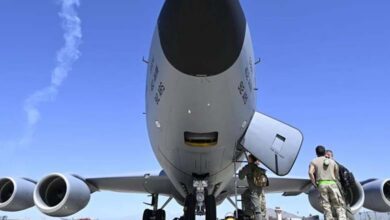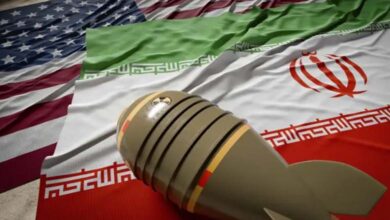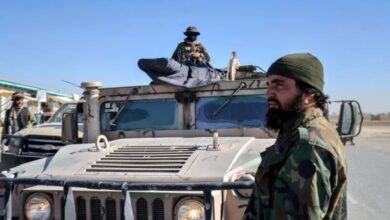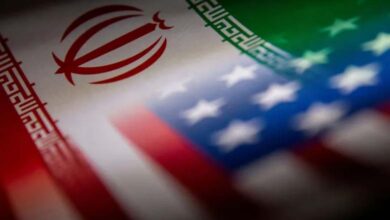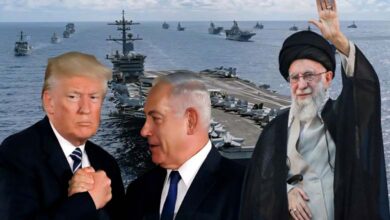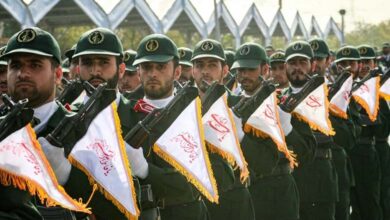With the collapse of ceasefire initiatives… Sudan stands on the brink of abyss
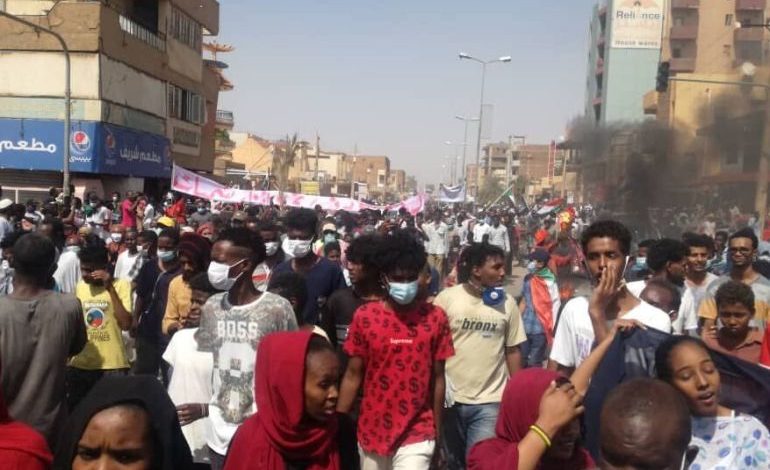
A month after fighting broke out between two Sudanese military factions in the capital Khartoum, internationally brokered peace talks in Saudi Arabia have yet to resolve, with airstrikes and artillery shelling continuing to shell the country’s capital and surrounding areas in recent days and violence also spreading to the long-besieged Darfur region in the west.
The International Rescue Committee (IRC) said: More than 600 people have been killed and more than 5,000 injured as a result of the fighting, and real losses are expected to be much higher, with nearly a million people have fled their homes, to locations inside Sudan and across the border to neighboring countries.
Exacerbating the crisis
According to CNBC, those who remain are often unable to access necessities despite the commitment of the two warring factions to restore access to food and electricity, as food and fuel prices have risen, exacerbating malnutrition and hitting the local economy.
“The internal conflict shows no signs of abating or calm, in the shadow of Saudi and U.S. attempts, but a temporary ceasefire and commitments to allow immediate humanitarian access to the sprawling country have collapsed, the network continued.”
“We know there are many uncertainties for people at the moment, but the one thing is clear is that the needs are immense, they are immediate and they will remain for a long time,” said IRC East Africa Deputy President Kurt Tujsume. “The longer they stay in these conditions, the more vulnerable they become to disease, hunger, and other hardships.”
Freeze Aid
However, divergent political visions were not reconciled and fragile power-sharing arrangements began to unravel in early April, culminating in a full-scale conflict in Khartoum on April 15.
In a speech to the UN Human Rights Council last week, UK International Development and Africa Secretary Andrew Mitchell stressed the importance of the international community’s role in helping to return Sudan to the “political track” by sending “a unified message of concern and breaking the cycle of impunity in Sudan.”
“However, many Sudanese believe that despite the efforts of various regional and international bodies, the Jeddah talks may not resolve the crisis easily, the IRIN said.”




